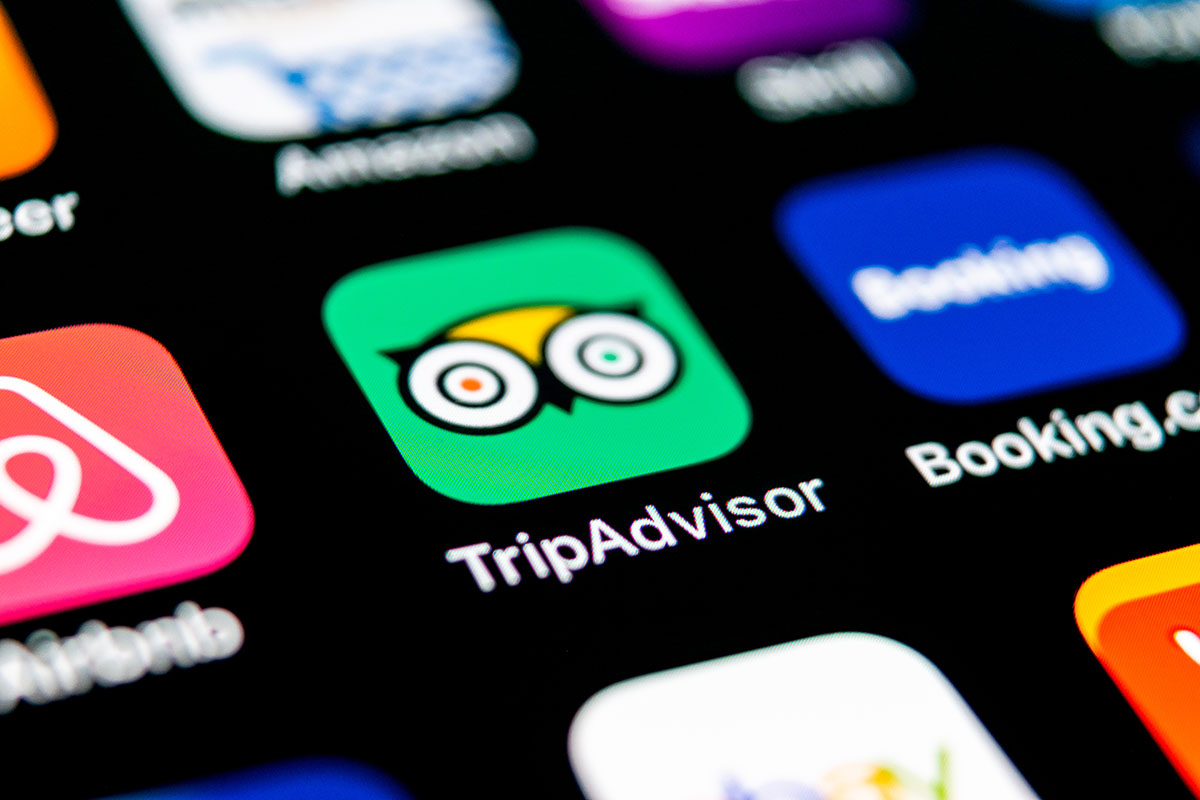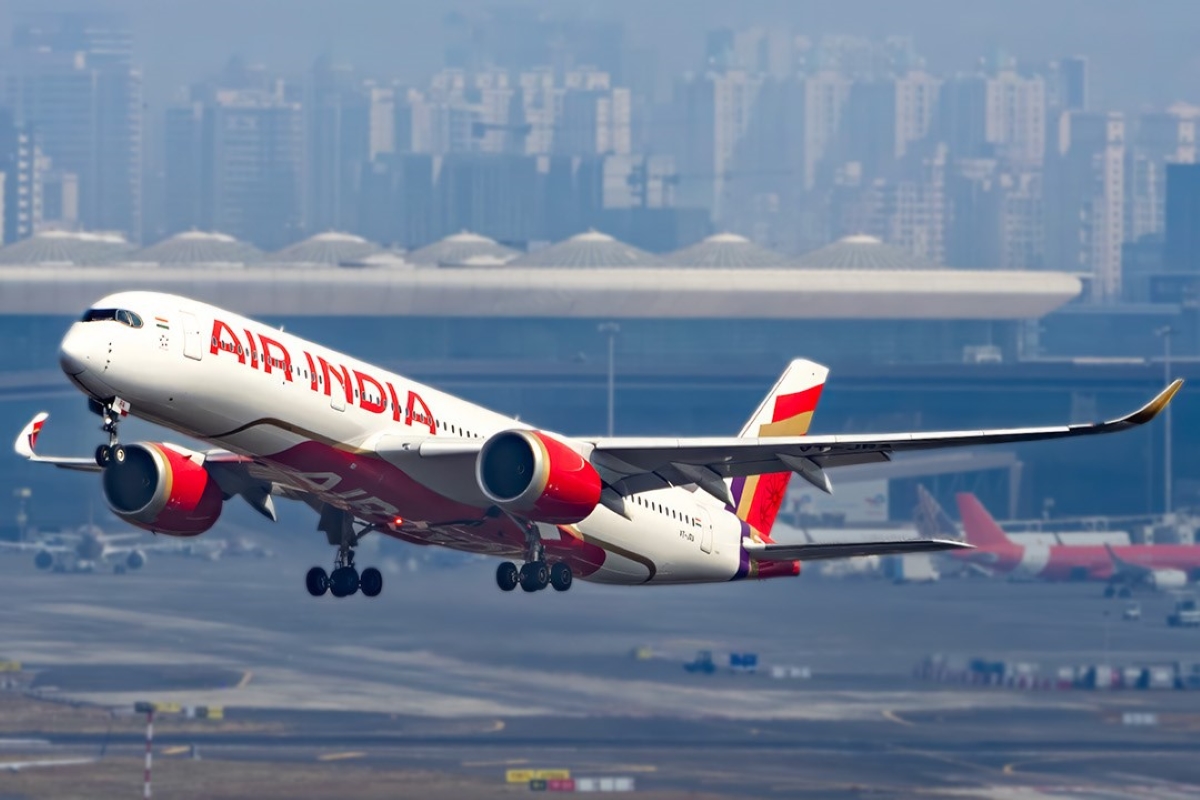Airbnb CEO Sees the New Age of Mobility Redefining the World of Travel

Skift Take
Airbnb CEO Brian Chesky acknowledged that enough affordable housing is a major challenge but argued that the new flexible nature of work wrought by the pandemic will see people migrating to city corridors and other less-dense locales where residences can be less expensive.
In a fireside chat Tuesday with Skift founder and CEO Rafat Ali at the opening event for Skift Global Forum 2021, Chesky said previously people needed to live in a certain city to work but with remote working taking hold people have more options. [See the video below.]
He said he told a big city mayor recently that cities should think of their citizens as “customers” who can make choices because they can work anywhere.
Conceding that some people may need to work in New York or San Francisco, Chesky argued that the Internet is the most important place to be rather than a physical place as it fosters remote work.
Of course, many ordinary working people who may labor in manufacturing or retail services may be tethered to a physical location, and don’t have the luxury to work remotely.
New Golden Age of Travel
The Airbnb co-founder and CEO said travel will come back in an altered state because of the changes the pandemic generated although it will return bigger than ever. Chesky said he envisions a new golden age of travel.
Chesky said that overtourism doesn’t really exist in the sense that there are plenty under-visited destinations that could attract tourism. In fact, he said, 40 percent of the users who visit Airbnb don’t initially have a destination or travel dates in mind so Airbnb will play a role in inspiring them to tour new destinations.
Chesky has argued throughout the pandemic that the changing nature of work, and consumers’ tendency to book longer stays have altered the travel landscape over the long term, blurring the division between travel and living. He has contended that hotels have lost appeal and that travelers will gravitate toward more off the beaten path destinations in short-term rentals, where they can have more control over the environment out of cleanliness and safety concerns.
Recruiting Employees Will Be Key
Chesky said mass tourism will return as people return to New York’s Times Square, Paris and Rome, but there will be new alternatives for travel. Work and living are blending, he said. For example, one-fifth of Airbnb’s stays are for 30 days or longer.
In this new environment, if companies want to recruit top talent, they will look to take into account whether employees want to return to the office for four days a week or perhaps alternate between a few weeks in the office, and several weeks working remotely.
“I don’t think companies will dictate this,” Chesky said. “Employees will dictate this.”
He said listening to employees’ preferences on the structure of the company’s work in the office or work from anywhere policies will become second nature to CEOs 40 years old or younger.
With remote workers being at home so much, they will have a deep desire to travel, Chesky said, adding that although mass tourism will return, there will be alternatives.
Said Chesky: “I think it is less about landmarks and more about being with people.”
The hybrid in-person and online event at TWA Hotel at JFK Airport in New York City will also feature plenty of Chesky’s rivals, including Booking Holdings CEO Glenn Fogel and Expedia Group CEO Peter Kern. Both have taken issue with Chesky’s vision of the future of travel, arguing that cities and hotels will eventually come back strong.
At the initial stages of the pandemic, Airbnb saw its business ground to a near-halt, laid off 25 percent of its staff, reduced investment in several business lines, including hotels, but surged during a travel recovery as domestic travelers around the world were looking for alternatives to urban hotels.
The video of Airbnb CEO Brian Chesky appearing at Skift Global Forum:






